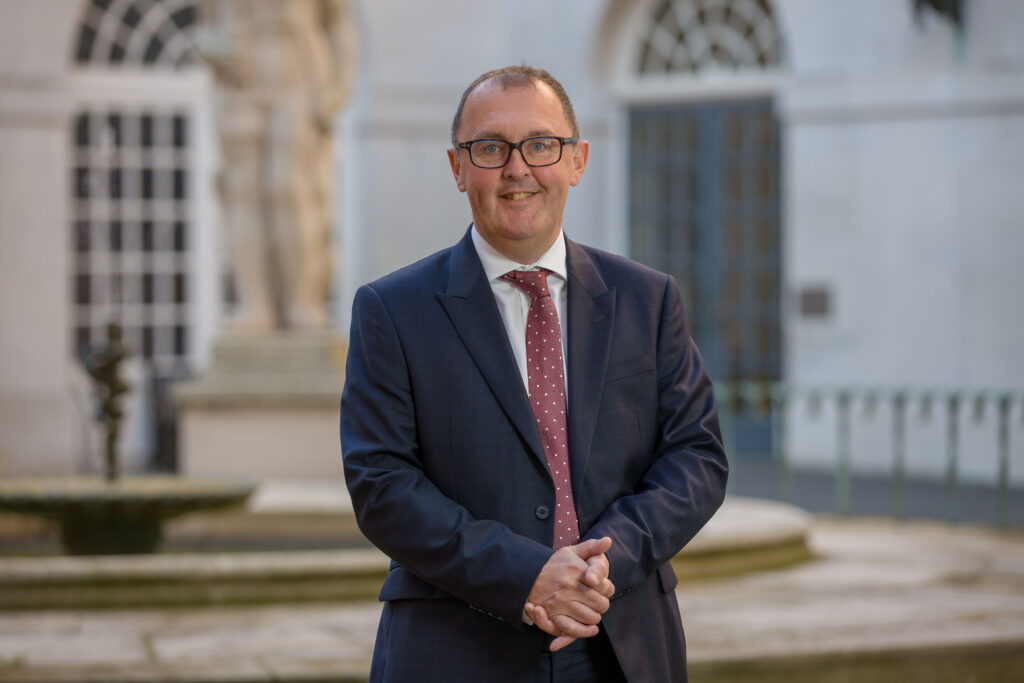
Sustainable economic growth is urgently required to help deliver the funding for government to meet its commitments for national renewal.
However, despite an explicit focus on resetting the relationship between central and local government (and the importance of strong local government), serious questions remain about current approaches to stimulating growth.
The challenges facing local authorities, universities and others at the forefront of economic development, which themselves have suffered hugely in terms of their own funding, must be fully addressed to support this wider ambition.
Prior to the General Election we asked Institute of Economic Development (IED) members the question: what is your single biggest ask of the incoming government to support economic development going forward? Beyond making economic development statutory in local authorities, the overarching call in our Grow Local, Grow National manifesto, these are the most common general themes which emerged:
- Long-term strategic planning, guided by a UK Industrial Strategy, to allow for well-planned interventions over multiple years.
- Through greater certainty (linked to the above), and commitment to local economic development, encourage and enable planning and development of local plans.
- Funding stability, removing competitive funding and allocating according to need, with greater investment/resource to support local economic development.
- A review of planning legislation and housing growth plan, both of which are seen to be impacting on local approaches to placemaking.
- Address public sector procurement reform, recognise the importance of robust business cases for development, and prioritise sustainability/the green economy.
As we mark Labour’s first 100 days in government, much has happened of course, and in fact things have moved forward at pace in many areas.
Just five days after the election, all regional Mayors in England came together to begin the process of shifting power out of Westminster through a major programme of devolution that will power up all corners of the country. Angela Rayner used the meeting to mark the beginning of the process of establishing Local Growth Plans across the country, and called on mayors to identify local specialisms, and contribute to work on a National Industrial Strategy. A week later the Deputy PM pledged to kickstart a new “devolution revolution” to transfer more powers out of Westminster and into the hands of local people.
The King’s Speech then presented a raft of bills which Ministers want to pass in the next parliamentary session. From a local government perspective, an English Devolution Bill will streamline the process to transfer more powers to elected mayors in combined council areas. A Planning and Infrastructure Bill will ease the process for approving critical infrastructure, and overhaul roles on the compulsory purchase of land. The Skills England Bill, meanwhile, has led to a new arms-length body of the same name to boost and regionalise training, bringing together businesses, unions and mayoral combined authorities.
We have since had further announcements of a new generation of new towns to kickstart economic growth and get Britain building again, an overhaul of the planning system to fix the foundations and grow the economy, and a commitment to delivering full devolution across the North. At the recent Labour party conference, both the PM and Deputy PM restated pledges to national renewal, sustained economic growth, modern industrial strategy, devolution, investment zones, and rebuilding public services.
So, all in all, that’s quite a lot in three months, but uncertainty persists about what is coming in the Budget on 30th October. Whilst the Chancellor’s ‘guarantee’ for multi-year funding settlements at the next spending review and an end to competitive funding bids is welcome, we really needed clarity on the future of the UK Shared Prosperity Fund past March 2025, the stronger towns fund, and separately for structural issues to be addressed in how funding is allocated to localities in order to achieve optimum impact.
We know, from consulting with IED members, that there is appetite to support greater priorities such as boosting green growth, widening social value, and promoting social enterprise. There is also an undercurrent around the importance of economic resilience and sustainability, and the significance of ‘good growth’. And, of course, addressing inclusive growth within organisational economic and place-based strategies.
With confirmation of the revamped Industrial Strategy Council, we will continue to push for the IED to be consulted as part of that council and/or an economic development taskforce.
We remain in a period of evolution, and on 6 November we will hold the IED Annual Conference ‘Economic Transition – How do we deliver long-lasting change in our towns, cities and regions?’ to explore these issues further.
Nigel Wilcock is Executive Director of the Institute of Economic Development.






Recent Comments